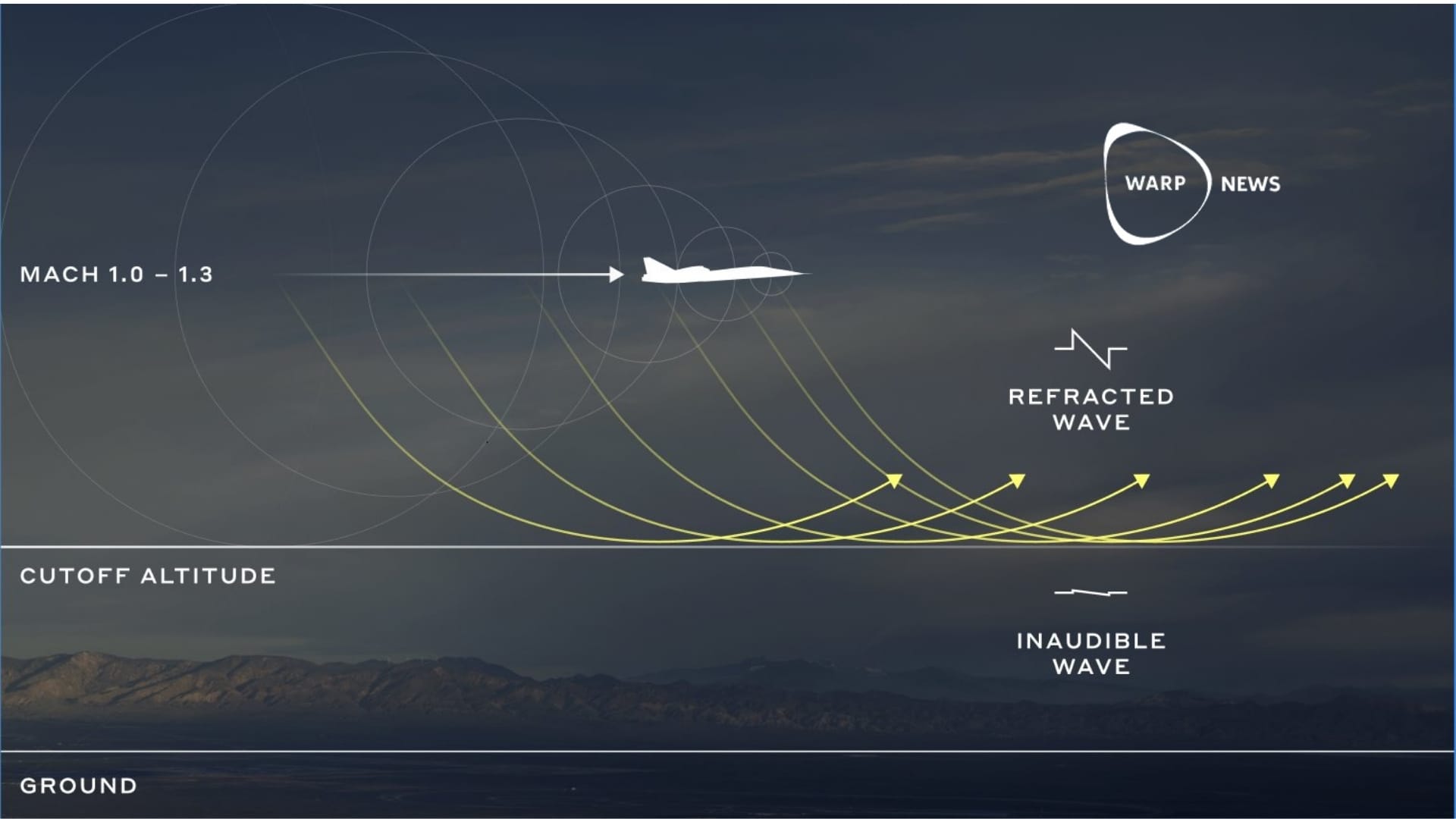
🛩️ Update: Successful test flight of the world's largest fully electric aircraft
A new milestone for emissions-free air traffic.
Share this story!
Last month, a new milestone was reached for emissions-free flights. Seattle-based company Magnix, a manufacturer of electric motors, conducted a successful test flight with the largest fully electric aircraft to date.
In collaboration with the airline Harbor Air, Magnix has converted a Cessna Grand Caravan 208 aircraft into an electric aircraft by removing the old engine and installing a 750-horsepower electric motor instead. The aircraft made a successful flight on Thursday, May 28, thus becoming the largest fully electric aircraft to pass a flight test. The aircraft was in the air for about 30 minutes and then made a successful landing. Magnix live-streamed it all on Twitter.
The Cessna Grand Caravan 208 is a popular passenger aircraft type that takes nine passengers and is used for short-haul traffic. There is also a cargo variant used for freight. The aircraft was originally developed in the 1980s and is still widely used. According to Wikipedia, the aircraft has a total of over 20 million flight hours logged.
On the Magnix website you can read that the company has a vision to work for a world where electric motors with high power density drive aircraft and make air traffic greener but also cost-effective for most stakeholders in the aviation industry. In an interview with Techxplore, the company's CEO Roei Ganzarski said that removing the gasoline engine in exchange for an electric motor will mean that the aircraft needs less maintenance, while reducing operating costs by up to 80 percent, which in turn means lower ticket prices and provides incentives for new routes for air traffic over short and medium distances.
Electric flights are high on the list of future technologies to cut emissions from air traffic, at least for shorter distances such as domestic flights within and between European countries. Just like electric cars in relation to their gasoline-powered counterparts, electric aircraft also have the advantage of reducing noise. The reduction of noise is good for ecosystems in areas that are intersected by flight routes, since air traffic affects bird life to a lesser extent.
The successful test flight does not mean yet that Magnix are ready to begin flying passengers just yet. The electric motor must first obtain the necessary certification, which in the United States is awarded by the Federal Aviation Administration (FAA).
Updated:
Magnix writes on their Twitter on 20/6: "We broke through 8000ft altitude and cruised! Another fantastic milestone."
By becoming a premium supporter, you help in the creation and sharing of fact-based optimistic news all over the world.


